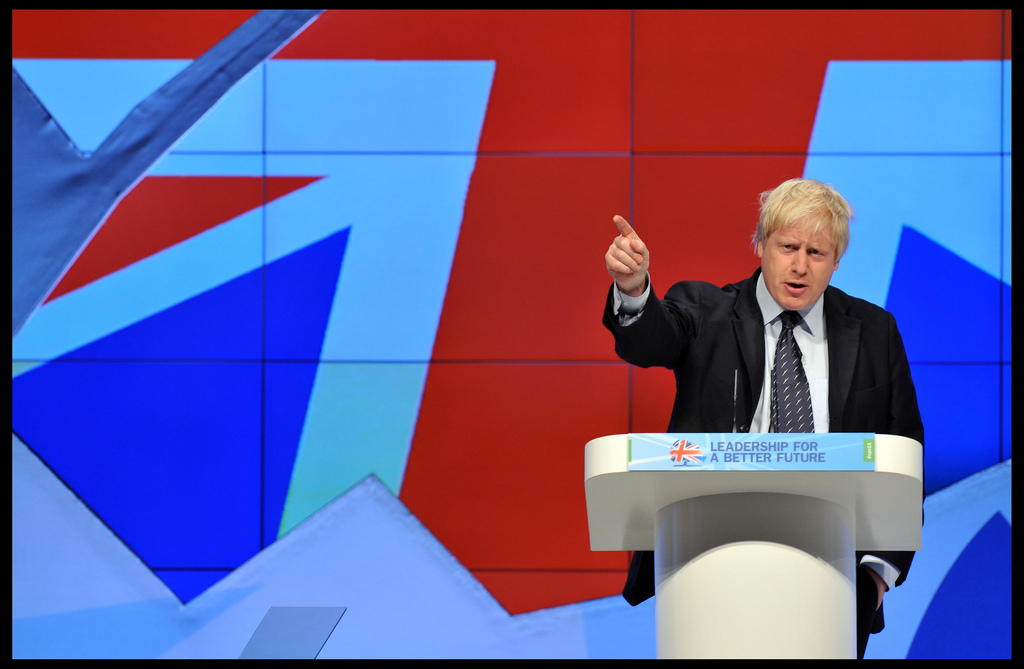On the morning of June 24, Britain awoke to the devastation of a vast political and social earthquake, as, after an unpleasant and divisive campaign, a majority of our nation voted to leave the European Union (EU). The aftershocks and long term consequences of this earthquake are likely to define our politics for a generation.
Upon announcement of the result, the value of Sterling plunged precipitously, initially losing a tenth of its value against the dollar, as the markets responded to radical uncertainty about the future of Britain’s economy. The Prime Minister, David Cameron, quit and a vote of no confidence was submitted against Jeremy Corbyn, the leader of the Labour party. Nicola Sturgeon, Scotland’s first minister, declared that, in light of Scotland’s overwhelming support for Remain, a new vote for Scottish independence should take place. Sinn Fein called for a vote on the reunification of Ireland. In response to Gibraltar’s 95.9% Remain vote, Spain renewed its push for joint sovereignty over the British territory. France’s current border agreement with Britain at Calais was challenged, with potentially significant consequences for the deeply controversial migrant camps there. Meanwhile, over a million people signed a petition advocating for a second referendum and many others for Sadiq Khan, the mayor of London, to declare the city’s independence from the rest of the UK and remain in the EU.
Login to read more
Sign in or create a free account to access Subscriber-only content.
Topics:
